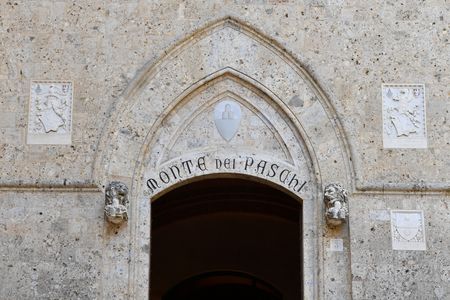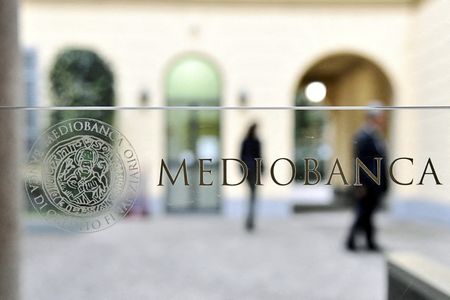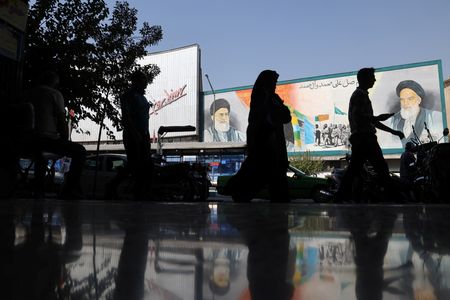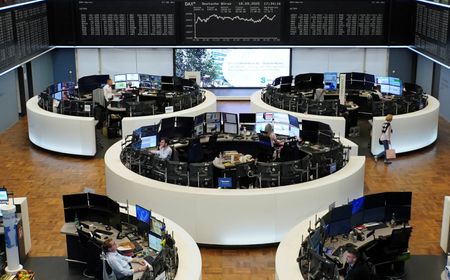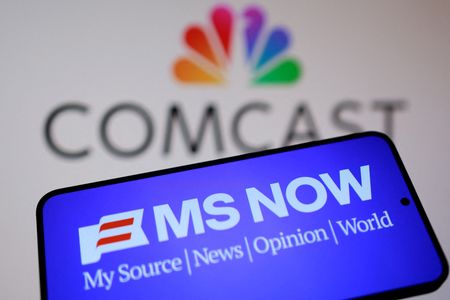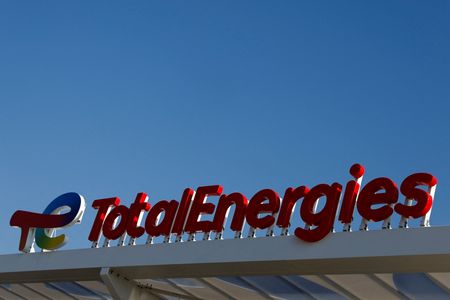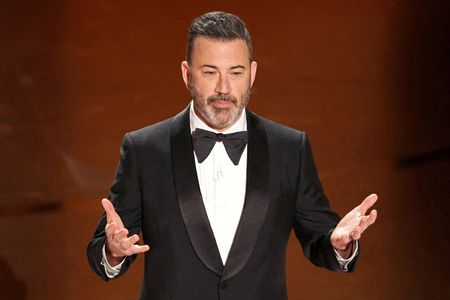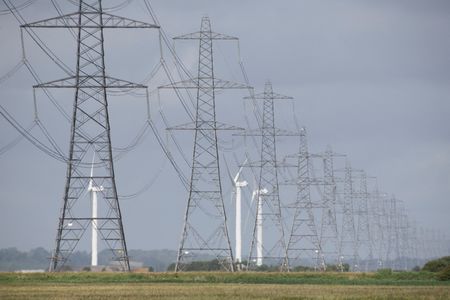By Valentina Za, Giuseppe Fonte and Cristina Carlevaro
MILAN (Reuters) -Monte dei Paschi di Siena’s bold takeover of Mediobanca is the biggest deal yet in a merger wave transforming Italian banking, and its CEO has said it will position the combined entity for a further round of consolidation.
Immediately at stake is a government ambition to merge Monte dei Paschi (MPS) with Banco BPM, part of Rome’s long-running effort to create a third major Italian banking group to rival Intesa Sanpaolo and UniCredit.
DEAL SPOTLIGHT TURNS TO BANCO BPM
Banco BPM CEO Giuseppe Castagna travelled to Rome this week to discuss two merger options for the Milan-based bank: a tie-up with MPS or an acquisition of the Italian arm of Credit Agricole.
The French lender is already BPM’s largest shareholder and folding in its own Italian network would strengthen its grip.
With MPS management focused on how to run the new combined group, Credit Agricole has an edge, a person briefed on the discussions said, adding that the ball was in Castagna’s court.
Contrary to speculation, MPS joining forces at a later stage with a “French BPM” is not realistic and would only provide a bigger distribution network for Credit Agricole’s financial products, a key driver of bank income, the person added.
The French lender partners with BPM in consumer credit and insurance and its strategy in Italy, its biggest foreign market, has been consistently aimed at protecting the distribution capacity for its financial products.
With UniCredit still seen as a threat following a failed attempt in November to take over BPM that angered the government, Castagna’s urgency in securing a deal to shield his bank from any fresh approach will be key.
Were he to find a deal with Credit Agricole that pleases BPM’s shareholders, Rome would struggle to find legal grounds to get in the way, another person with direct knowledge of the matter said.
UniCredit’s presence in Russia gave Rome arguments to set tight terms for its BPM bid on national security grounds, using a set of powers which is under scrutiny by the European Union.
The now-collapsed offer by UniCredit for BPM followed the government’s sale of 5% of MPS to BPM in November, which Rome had hoped would progress its aim of tying the two together. Italy still owns around 6% of MPS – the world’s oldest bank – after a state rescue eight years ago.
Refusing to let MPS be sidelined as consolidation gathered pace, CEO Luigi Lovaglio targeted Mediobanca in January with a 16 billion euro ($19 billion) cash-and-share offer, which closed on Monday.
It secured 86.3% of Mediobanca, helped by the latter’s two main shareholders – the heir of late Ray-Ban billionaire Leonardo Del Vecchio and builder Francesco Gaetano Caltagirone – who also became major MPS investors in November.
MEDIOBANCA’S ULTRA-RICH CLIENTS IN FOCUS IN CEO HUNT
The first item on Lovaglio’s to-do list now is to recruit a new Mediobanca chief, after Alberto Nagel, at the helm since 2008, stepped down last week.
While commercial lender MPS was a headache for Rome for a decade before its 2017 bailout, Mediobanca is a revered name in Italian finance, an investment bank created to finance postwar reconstruction and now focused on wealth management.
With many investors wary that combining the diverse businesses could spark a flight of talent from Mediobanca, the choice of Nagel’s replacement is seen as key to reassuring the Milanese bank’s staff.
Lovaglio has said he would need an investment banking expert, given his own background in commercial banking.
But looking after Mediobanca’s ultra-wealthy clients and their niche investment needs is another major focus in the search for a new chief, two people briefed on the process said.
MEDIOBANCA DEAL ENCAPSULATES SECTOR OVERHAUL
The restructuring of Italy’s still-fragmented banking industry has progressed alongside improving political stability and sovereign creditworthiness and Lovaglio has said he expects another wave of activity in a couple of years.
Dealmaking has revived as lenders’ profits peak: following a years-long, 300 billion euro bad loan clean-up that squeezed margins and forced deep cost cuts, rising interest rates have propelled earnings to record highs.
Under Lovaglio, 70, who took over MPS in 2022 shortly after a costly plan by Rome to offload its stake to UniCredit foundered, the bank paid its first dividend in 13 years.
“Consolidation had long loomed,” said Luigi De Sanctis, head of financial services, southeast Europe, at consultancy Oliver Wyman.
“Intesa Sanpaolo broke ground in 2020 with its hostile offer for UBI, a once-taboo move in banking. The numbers for mergers stacked up, so the hostile bids multiplied, including MPS’ stunning swoop on Mediobanca.”
($1 = 0.8511 euros)
(Reporting by Valentina Za and Cristina Carlevaro in Milan and Giuseppe Fonte in Rome; Editing by Tommy Reggiori Wilkes and Catherine Evans)

